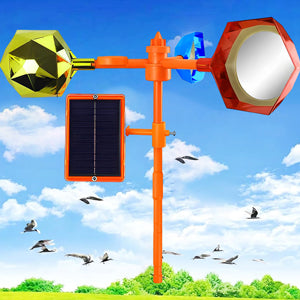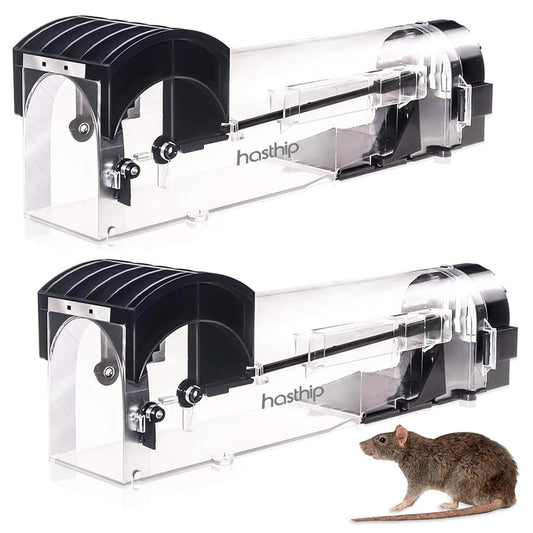Revolutionizing Agriculture: 10 Modern Technologies Shaping the Future of Farming
Share
In an era marked by unprecedented population growth and climate challenges, the agricultural sector faces a critical need for innovation. Thankfully, a wave of cutting-edge technologies is poised to reshape the landscape of agriculture as we know it. From precision farming to sustainable practices, these ten modern technologies are set to revolutionize the future of farming.
1. Precision Agriculture: Utilizing data-driven insights, precision agriculture maximizes crop yields while minimizing resource waste. Drones equipped with sensors monitor fields, capturing real-time data on soil conditions, moisture levels, and plant health. Farmers can then make informed decisions, optimizing irrigation, fertilization, and pesticide application.
2. Vertical Farming: With the world's population on the rise and arable land decreasing, vertical farming offers a space-efficient solution. In controlled environments, plants are grown in vertically stacked layers, using hydroponics or aeroponics. This approach reduces water usage, eliminates the need for pesticides, and allows year-round cultivation.
3. Hydroponics and Aeroponics: Hydroponics and aeroponics revolutionize traditional soil-based farming. Plants are cultivated in nutrient-rich water or air, respectively. These methods not only conserve water but also accelerate growth, yielding higher harvests in shorter time frames.
4. IoT and Smart Sensors: The Internet of Things (IoT) enables farmers to monitor and manage their operations remotely. Smart sensors collect data on temperature, humidity, and soil conditions, which is then analyzed to optimize crop growth and streamline resource usage.
5. Robotic Farming: Robots are increasingly being deployed to handle labor-intensive tasks such as planting, harvesting, and weeding. These autonomous machines improve efficiency, reduce the need for manual labor, and minimize crop damage.
6. Biotechnology and Genetic Engineering: Advancements in biotechnology have led to genetically modified crops with enhanced resistance to pests, diseases, and extreme weather conditions. These genetically engineered plants can potentially improve crop yields and reduce the need for chemical interventions.
7. Sustainable Agriculture: The future of farming hinges on sustainable practices that preserve the environment. Techniques like crop rotation, cover cropping, and no-till farming reduce soil erosion, enhance soil health, and promote biodiversity.
8. Blockchain for Supply Chain Transparency: Blockchain technology ensures transparency and traceability throughout the agricultural supply chain. Consumers can verify the origin, quality, and safety of their food, while farmers gain fairer access to markets and better prices.
9. Biodegradable Packaging: As environmental concerns grow, biodegradable packaging materials made from agricultural byproducts gain traction. These materials reduce plastic waste and offer a sustainable solution for food packaging.
10. Renewable Energy Integration: Farming operations are integrating renewable energy sources like solar panels and wind turbines. These sources power irrigation systems, cooling systems, and processing facilities, reducing reliance on fossil fuels and lowering greenhouse gas emissions.
As we look ahead to the future, these ten technologies stand as beacons of hope for agriculture's sustainability and productivity. With their combined power, they promise to reshape farming practices, tackle global food challenges, and ensure a bountiful and resilient food supply for generations to come. The fusion of innovation and agriculture is paving the way for a brighter and more prosperous future for both farmers and consumers worldwide.















